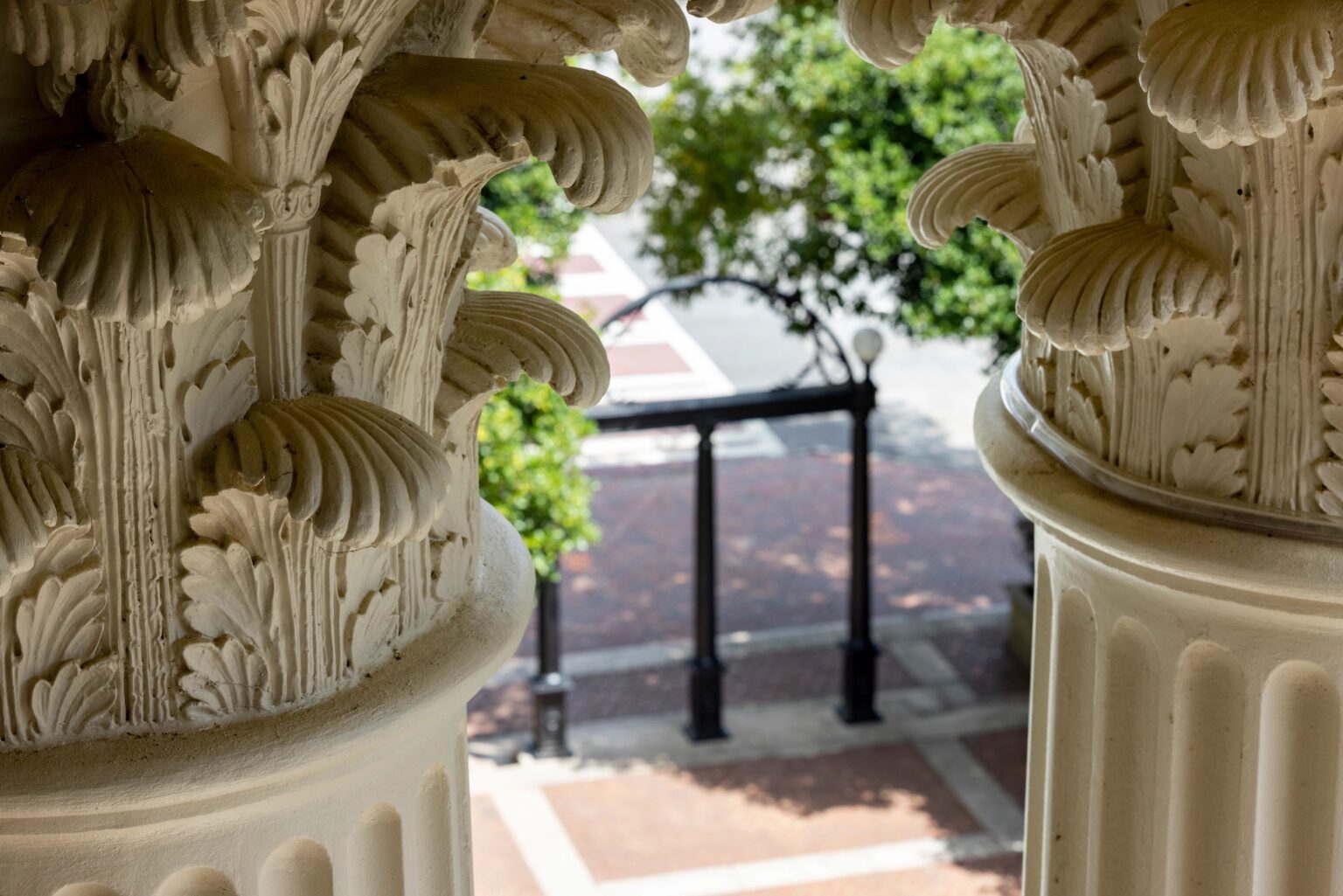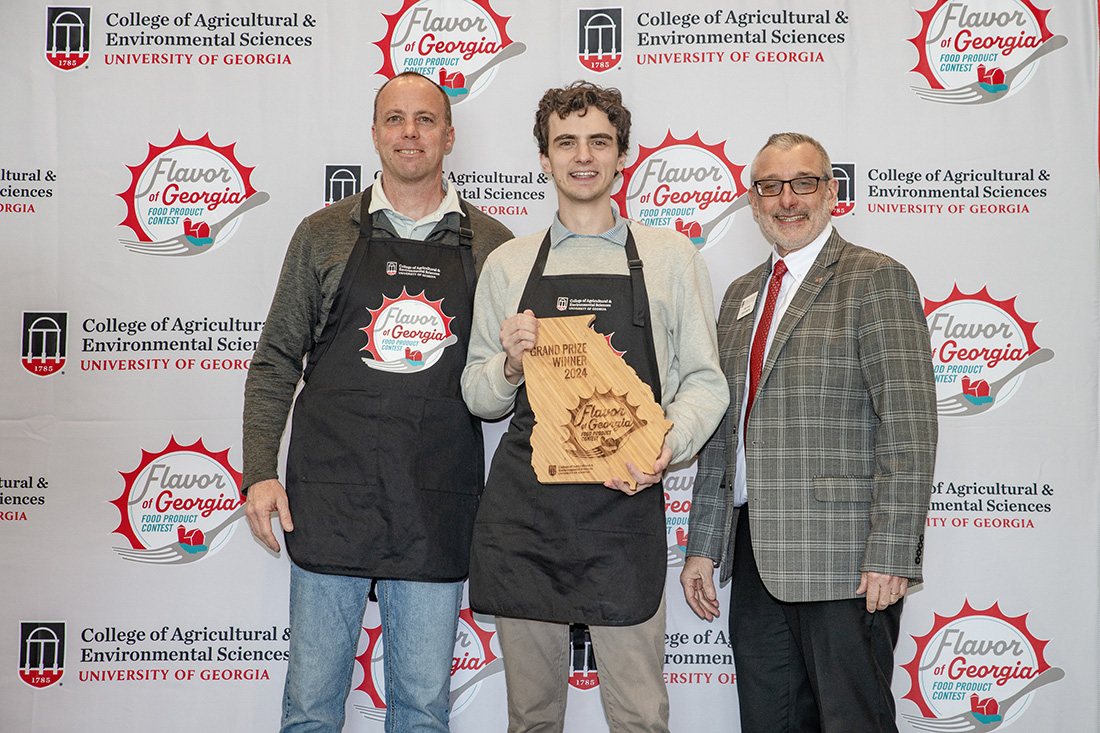
Volume XXIX |
By B. Wade Hutcheson
University of
Georgia
Whether you want a big garden or small, keep several things in mind, starting with a plan.
There are many keys to success in vegetable gardening. But for the beginner or someone who has tried and failed, minding the basics and building a garden from a well-thought-out plan increases the odds of having a garden that's the envy of your neighbor.
A good start
So, make a plan. Consider, among other things:
- The amount of space you have.
- The vegetables your family likes.
- The suitability of those crops to your area.
- The amount to be planted.
- The distance between rows and plants.
- The amount of fertilizer needed.
Plan to keep the garden as full as possible to make the most of the growing season. You'll need to know which crops can be planted early or if they should wait until later. Some can be started as the previous crop matures. Plan on some research, too.
Don't stop now
A crop plan is just the beginning. There's more, such as where to put the garden. It should offer full sun and good soil. And make it close to the house and a water source.Vegetables need sunlight to do right. Leafy crops will tolerate some shade but do best in full sun. Don't put your garden in an area close to trees and hedges due to competition for water and nutrients. Avoid areas infested with troublesome weeds like nut grass, too.
A good soil is one that drains well but can hold moisture well, too, which means it will have ample organic matter in it. It's loose, allowing it to be tilled and plants to grow in it.
Bum dirt
Good soil isn't always a given. Overcome poor soil by making a raised bed. This allows you, at a small expense, to build a soil with desirable characteristics. The expense is borne only once and the results used over and over.Remember to till the native soil before bringing in soil for the raised bed. It's good to incorporate the amendment into the native soil.
Having the garden close to the house makes it convenient for you to notice problems and take action before they get out of control.
This isn't as critical if you remember to scout the garden regularly, at least three times a week, looking for insect, disease or weed pest problems. It helps keep everything harvested on a timely basis, too.
H-2-Oh!
That garden isn't going to grow without water. Perhaps nature will provide it, but if not, make it so you only have to drag a hose and not carry buckets.Avoid overhead watering, if possible. Opt to use soaker hoses instead. A mulch layer helps to prevent soil moisture loss and keeps the fruit off the ground, reducing disease problems.
How big a garden do you need? You can grow lots of zucchini in a small spot, but you'll grow tired of giving them away. Plan for your family's needs and what you can take care of.
Most vegetable gardens are in the 10-foot-by-10-foot or 10-foot-by-20-foot size. That's not a lot, but you'll be surprised how much you can grow there with good soil.
Start small and grow into it in time. Starting too big can overwhelm the gardener, leaving a sour taste without a tomato sandwich or fried squash to make it better.
(Wade Hutcheson is the Spalding County Extension Coordinator with the University of Georgia College of Agricultural and Environmental Sciences.)






